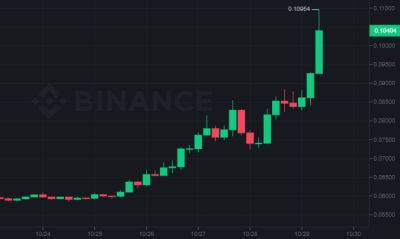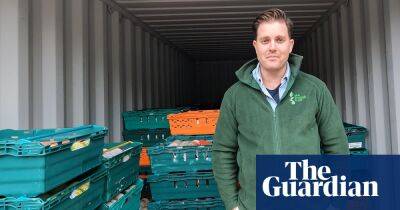Trickle-down Truss is carrying on the dirty work of Thatcher, Blair and Osborne
If Kwasi Kwarteng’s mini-budget survives the storm it triggered, a banker on a million-pound annual salary stands to receive £50,000 of income tax relief – on top of the extra bonuses the bank can throw in, now that the Liz Truss government has removed the cap on them. Meanwhile, a Deliveroo rider gets a pep talk on the emancipatory value of aspiring to be wealthy, presumably as an incentive to pedal harder. This is the gist of the government’s growth strategy or, according to former Brexit minister David Frost, its antidote to stagnation and defeatism.
While it’s tempting to draw the obvious analogy between zombie ideas such as the trickle-down growth effect, and the classic Hollywood horror film Night of the Living Dead, a more appropriate response to the seriousness of the situation is to follow the banker’s extra cash. The government claims the banker will invest it, thus promoting growth. If it were not a blatant lie, it might have passed as a touching example of unfounded faith. But unlike Adam Smith’s bakers, butchers and brewers, who would invest any spare cash into better and more bread, ale and meat, the banker will buy into some fund that will, in turn, purchase shares, derivatives and bonds.
These recipients of the banker’s extra money have a long track record of not investing in actual productive capacity. Why would they, when the masses out there can’t afford to buy new, high-value products? Instead, big businesses use any funds that come their way either to buy back their own shares (to boost their share price and, consequently, their bonuses) or to speculate in the derivatives market or in real estate. The dirty secret behind the zombie idea of trickle-down economics is that only one thing can prevent the
Read more on theguardian.com


















